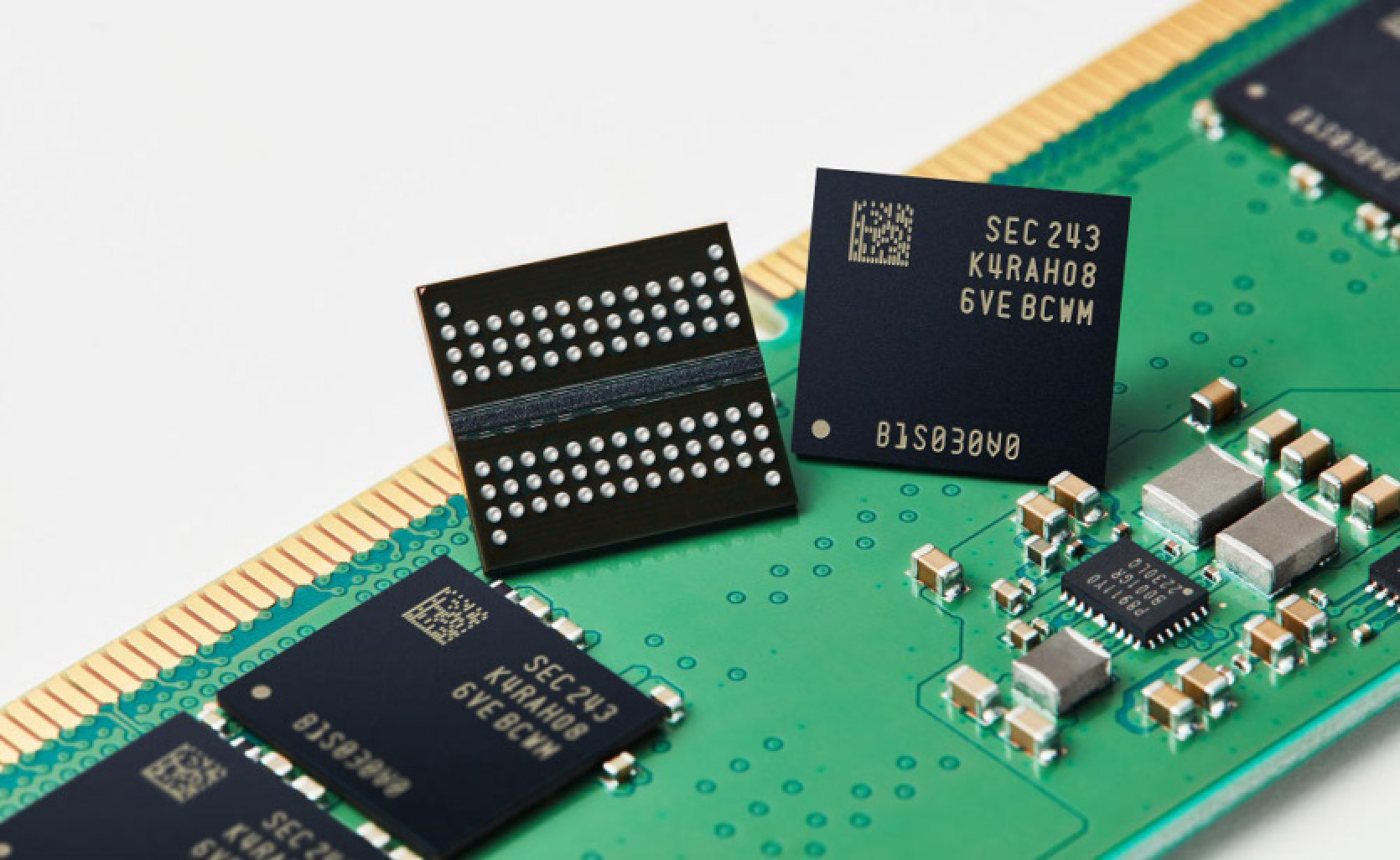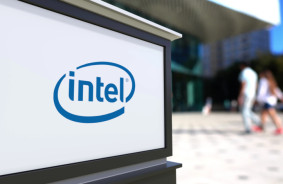In recent times, there has been a disheartening trend of rising prices in the DRAM and NAND memory markets, which is already directly affecting the prices of end devices (SSD and RAM for mobile gadgets and computers). It is quite likely that this trend will only intensify in the future.
DigiTimes reports that as a result of the earthquake in Taiwan on April 3, the most powerful in the last 25 years, local semiconductor plants suffered some damage, seriously disrupting supply chains of leading manufacturers such as Micron, Samsung Electronics, and SK Hynix. This may lead to a greater price increase than expected, especially in the context of the industry's efforts to recover losses from previous years due to rising prices.
While in the past, memory prices usually increased rapidly after production disruptions caused by natural disasters or accidents, the current situation allows suppliers to compensate for losses in 2022 and 2023. Before the earthquake, the growth rates of contract prices for DRAM and NAND memory slowed down compared to the first quarter. In particular, the growth for NAND was 15%-20% compared to over 20% in the first quarter. Now, it is quite likely that prices will accelerate.
It is reported that major players have stopped publishing contract prices for DRAM, preparing for a revision of pricing policies. After the earthquake, Micron started discussing with customers a new schedule for product delivery and possible delays. Yes, this is all unofficial information from insiders, but given the circumstances, it seems credible.
Memory module manufacturers, who currently have limited supplies, are preparing for increased expenses on chip purchases. They were hoping that the trend of rising prices would slow down, but suppliers significantly reduced production last year to boost prices amid stagnant demand. The new circumstances are likely to urge customers, especially server manufacturers, to actively stock up on memory in anticipation of a possible shortage, which, in turn, will push prices even higher.
If this is indeed the case, it will hit server manufacturers the hardest, but the consumer solid state drive segment, where price increases have been observed in the last few months, will also not be spared by the new wave.














Comments (0)
There are no comments for now